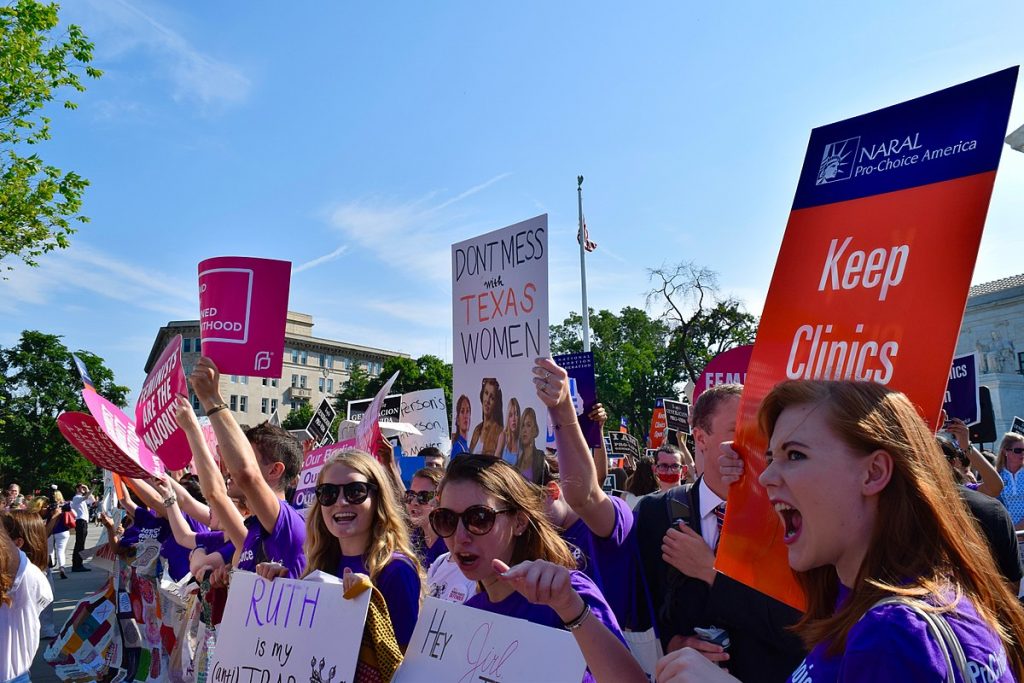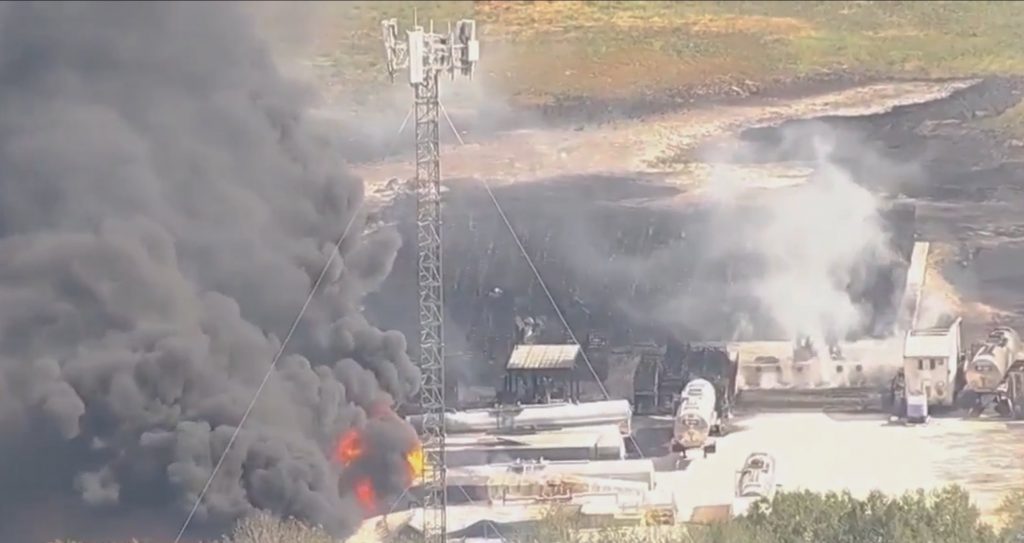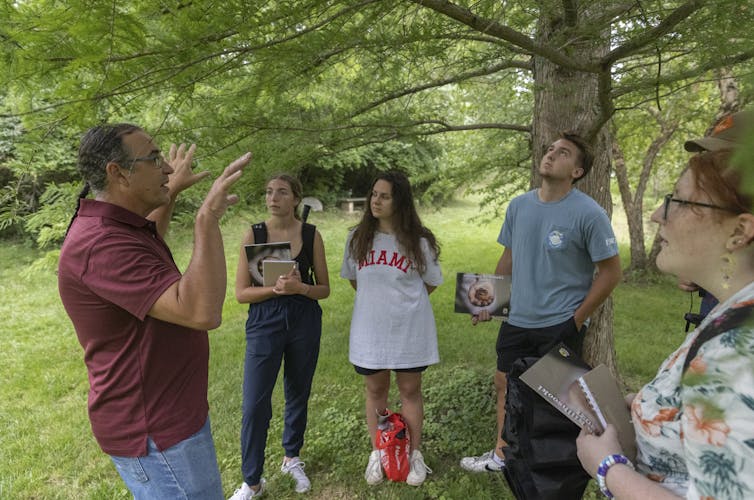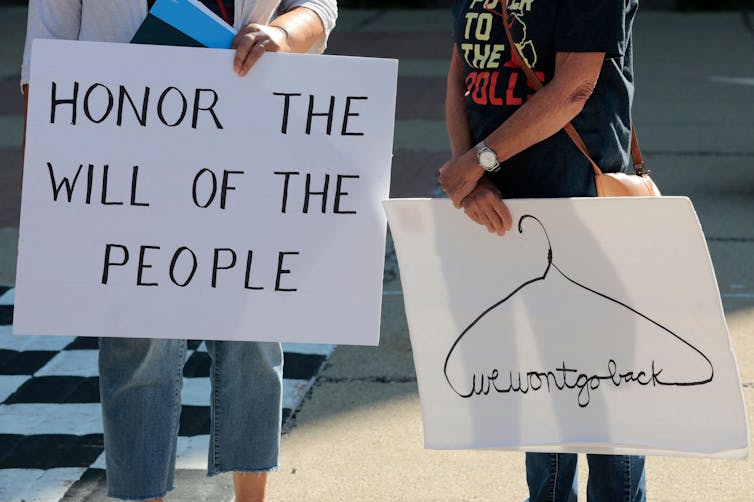“This is an immense victory for the health, safety, and dignity of people in Kansas and the entire Midwestern region, where millions have been cut off from abortion access,” said one advocate.
By Jessica Corbett. Published 7-5-2024 by Common Dreams

Reproductive rights defenders on Friday cheered a pair of Kansas Supreme Court decisions reaffirming the right to abortion and striking down various restrictions—rulings expected to impact people beyond the Midwestern state, given how many patients must now travel for care.
“The state devoted much of its brief to inviting us to reverse our earlier ruling in this case that the Kansas Constitution protects a right to abortion. We decline the invitation,” Justice Eric Rosen wrote in the decision against Senate Bill 95, which outlawed a common abortion procedure for second-trimester pregnancies called dilation and evacuation (D&E).
Continue reading









